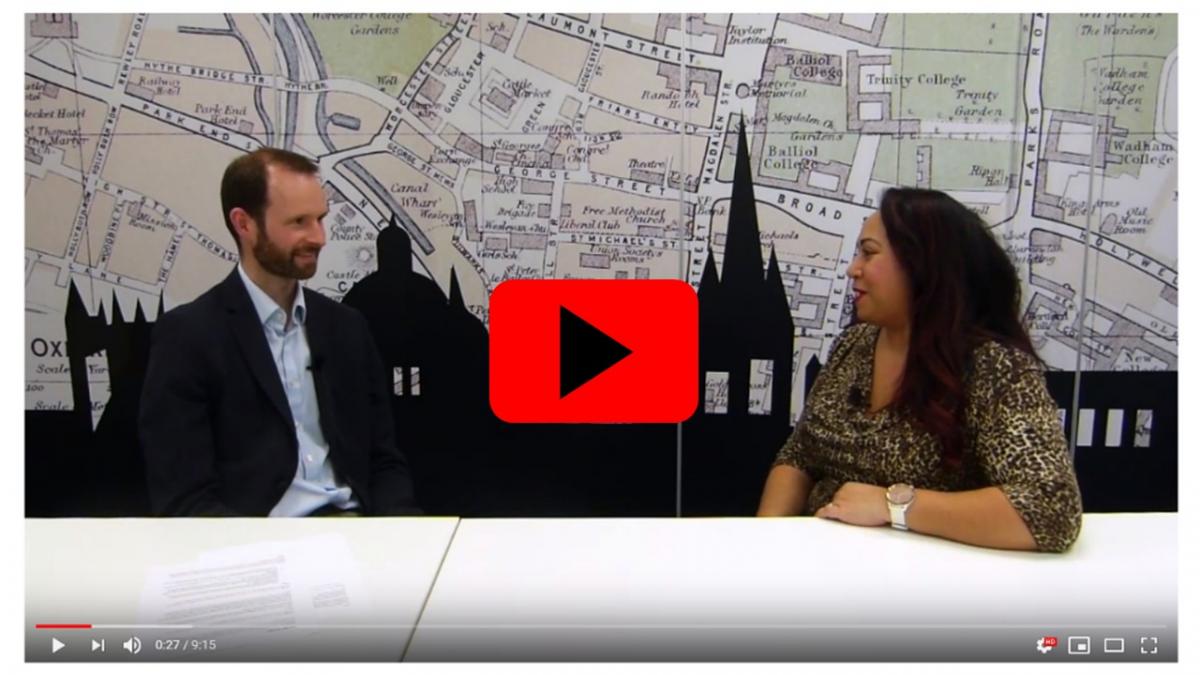Georgina Wark, Professional Development Programme Manager at PraxisAuril, caught up with Anji Miller from LifeArc about how RTTP gave her the confidence, skills and experience to perform in her role globally.
 Anji Miller, Senior Business Manager at LifeArc
Anji Miller, Senior Business Manager at LifeArc
Anji Miller is a high calibre Life Science professional with expertise in technology evaluation and exploitation, strong commercial awareness, and proven track record of contract negotiation and technology commercialisation. Anji is passionate about knowledge transfer policy, Intellectual Property protection strategies and exploitation, particularly patenting of emerging biotechnological technologies.
Q1: Thank you for agreeing to this interview. I’d like to give some background first – I know you’ve attended many PraxisAuril courses and events, including Conference since 2007 so it’s clear that you place a real focus on your own professional development. How do you feel our courses set you up with the skills for your role within LifeArc?
A: PraxisAuril courses provide a great introduction to the main areas of technology transfer for someone just entering the profession. As each course is delivered by active practitioners, there is the opportunity to not only learn the theory of technology transfer but also apply it to real-life cases. Although I completed all the PraxisAuril courses many years ago, I still apply the skills, techniques and tips gained from my training in my role today.
Q2: I see you hold the RTTP accreditation, what made you think to apply for this?
A. I made a conscious decision to leave my career as a Research Scientist to become a Technology Transfer Professional, this transition involved acquiring the appropriate training, skills and experience for this new career. As with every profession, the true seal of certification is the professional accreditation from the recognised body for that sector. For technology transfer, this is the RTTP awarded by the ATTP. As a younger, driven new entrant to technology transfer, I wanted to obtain the professional certification that would reflect the level of competency and experience that I had attained.
Q3: Thank you. Do you think having it has made a difference in your day-to-day role?
A: Yes, it has. The RTTP accreditation provides a certain level of confidence, as it says this person has the appropriate knowledge, skills and experience to perform their role in technology transfer. As a medical charity, LifeArc interacts and works with charities, academia and industry globally. As a consequence, my role demands up to date skills and expert knowledge of the sector to seamlessly work with those in the technology transfer sector.
Q4: I think there’s more that we (PraxisAuril) can do to promote this global accreditation, I’d be keen to promote ALL RTTP’s on our website, whether they are from the UK, Japan, Australia…learning more about the achievements this global group of professionals have made would be inspiring – what are your thoughts on this?
A: I completely agree. I had to actively find out about the RTTP accreditation and how to obtain it, as it was not widely promoted in the UK at the time, and very few had it. Eight years later, the RTTP accreditation is still is not as widely known about as it should be, despite there being greater understanding and appreciation of the technology transfer sector and profession.
Q5: There has been a recent launch of the new ‘Candidate RTTP Pathway’ which enables entrants to the profession to signal that they are committed to a pathway of training and development and are working towards earning the award of full RTTP status. This signifies that they are serious about their career and aspire to meet the very highest standards. I think that this is a great step forwards as Candidates can work together with their managers on gaining the right experiences and skills by developing a career aspiration plan. Is this something you would encourage within your team?
A: I am really pleased this new route has been introduced. The Candidate Status route will help guide the career development of new entrants to the profession and support the business case for these individuals to receive continued training, exposure and support. Our LifeArc-AUTM Technology Transfer Fellowship programme offers training, support and experience for postgraduate level life scientists who wish to become technology transfer professionals. LifeArc is actively encouraging all LifeArc-AUTM Fellows to commence the Candidate RTTP Pathway as it is a major step towards their new career in technology transfer.
Thanks to Anji for sharing her perspective. For those who’ve been inspired by this and would like to consider applying for RTTP, please see here for those who are interested in the Candidate RTTP Pathway, please see here or contact me for more information at georgina.wark@praxisauril.org.uk
How does Oxford University Innovation apply RTTP?
Watch our Professional Development Programme Manager Georgina Wark interview Adam Stoten, Chief Operating Officer at Oxford University Innovation, on how RTTP fits with the OUI's strategy to professional development
